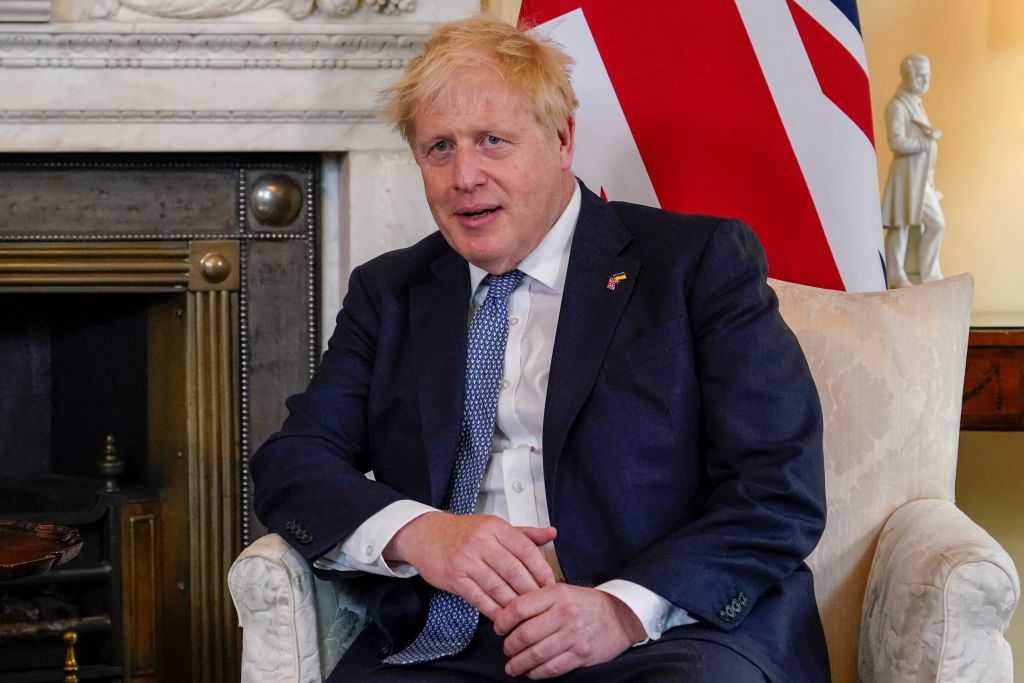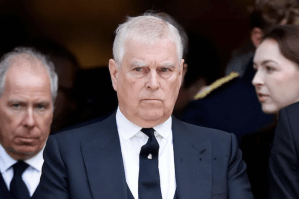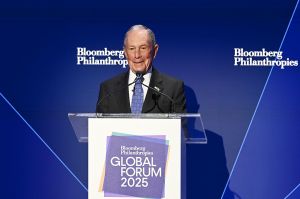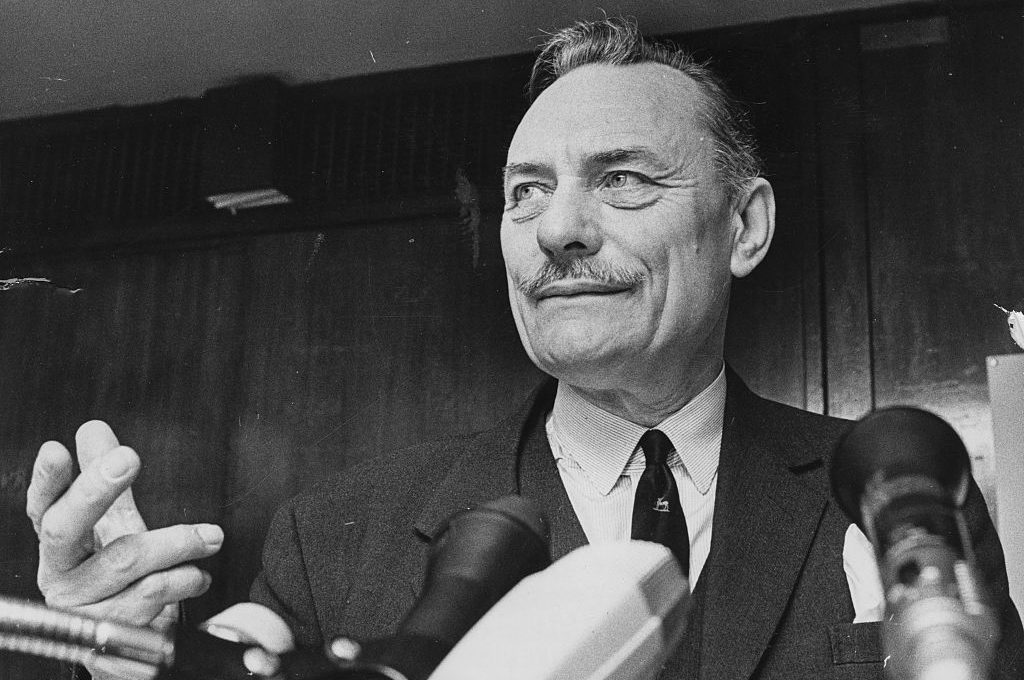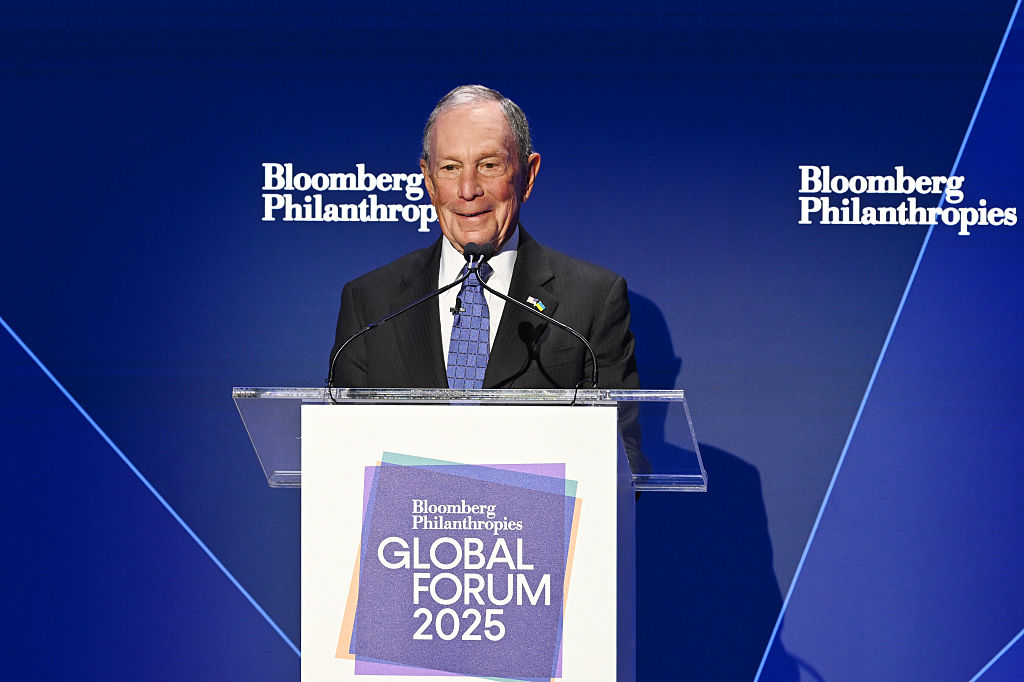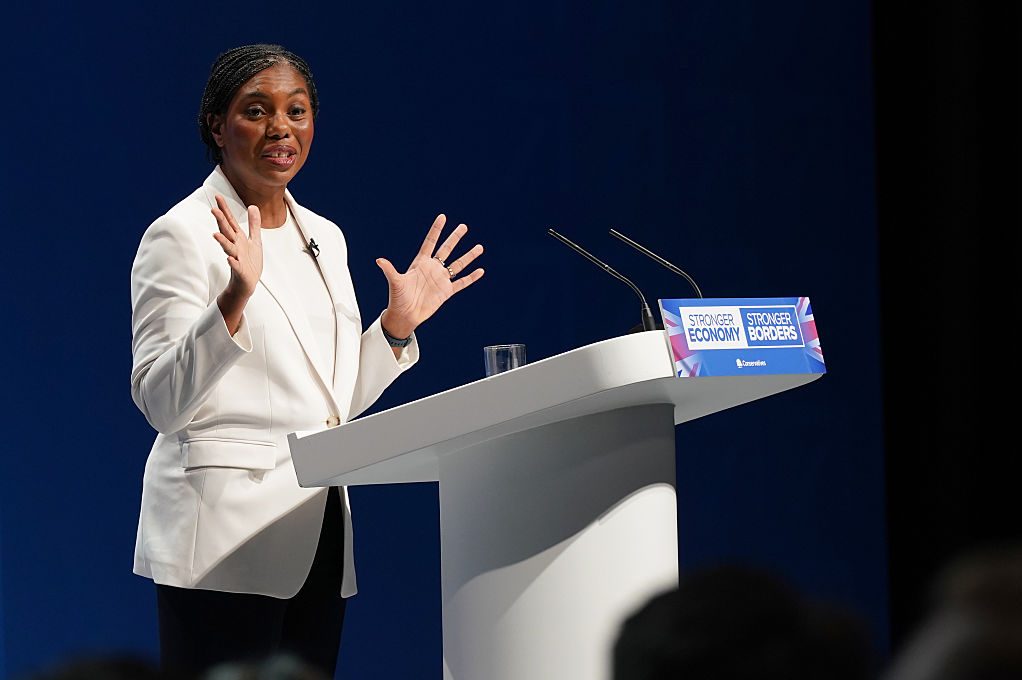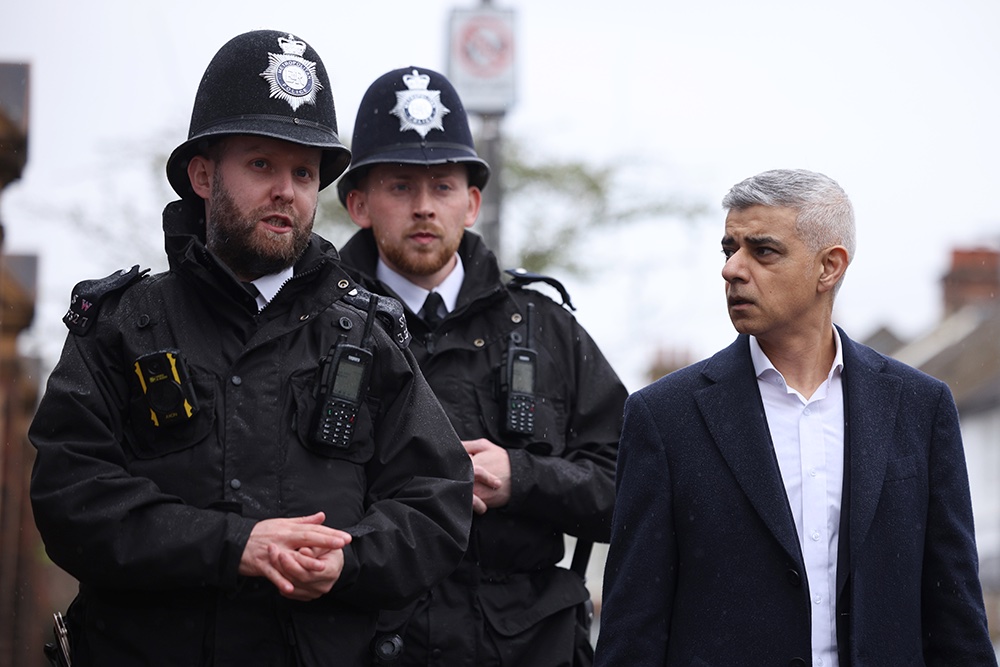Boris Johnson has survived the attempt by some in Britain’s Conservative party to remove him as prime minister. The margin not quite close. But by being so publicly called into question, both the prime minister and his party have been weakened. Dogged by real and performative public disapproval, Johnson will have difficulty remaining in power for the rest of the parliamentary term, and more performing to do in the next election to remain in office after it.
In the fabled axioms of British politics, two things are meant to be clear. One is that the Conservative party is the natural party of government. The country is slightly right-of-center, the logic goes, and it is a rare Labour challenge which can defeat this innate advantage. A second axiom is that the Conservative party wins because it is ruthless and efficient: willing and eager to remove a leader if the aura of defeat starts to hang about them.
Adherents of this theory point to the vicious deposition of Margaret Thatcher in 1990, in which the prime minister — a three-time landslide election winner — actually won her leadership challenge, but did so insufficiently. One by one, her trusted ministers slunk into meetings in Downing Street to tell her the game was up. She was soon gone, in tears.
But the belief that this is the norm is wrong. The premiership of Theresa May was an unparalleled disaster, a long and drawn-out embarrassment. She stumbled through speeches and announcements, failing to win over foreign powers and the House of Commons over Brexit. None of this endeared her to the public. But rather than intuiting this fact, the Conservatives let her fight an election and lose their majority in 2017.
The Tories failed to oust the shambling wreck of John Major in 1995, after which he led them into one of their worst defeats two years later. They allowed Edward Heath to fight, and lose, three elections between 1965 and 1975, winning only one of the four he contested, before selecting Thatcher in his place.
Johnson has been chronically unpopular for six months, and was barely trusted for much of the last two years. Britain’s entirely uncharismatic opposition seems likely to defeat him in the next election. If his party were an efficient butcher, Johnson would have been long gone by now.
I labor this point because in British politics, and especially now, the character of the party leader is inescapable. They give flavor and direction to the government. When in favor, they run their cabinets like dictators. If they are weak or passionless, their governments desiccate before our eyes. They look vainly for something to do and, anemically, pursue vague policies of little import.
That is the situation we have faced since 2019. Boris Johnson’s government was derailed by Covid, as the world was. But now the worst of the pandemic is behind us, and as we approach the midpoint of the parliamentary term, the tabulations are beginning. What has the government achieved of its manifesto? Has it built any of its proposed programs? Does it have any vision at all? Are you better or worse off than you were in December 2019?
Ideological confederates of the Conservatives are increasingly saying publicly what they have long whispered: that Johnson and his government are entirely empty and without substance, that they have accomplished nothing.
Johnson has always been ideologically loose: his colleagues have often accused him, not without reason, of believing in nothing at all. Much of his party appears similar. They were elected to a hefty majority in 2019 on such platitudes as “leveling up” the country — a term still without a definition. When asked now why Johnson should stay, Conservatives loyal to him largely resile themselves to saying that, of all his parliamentary colleagues, only Johnson could win another election, and win big. It is a depressing indictment. Out of their own mouths condemned.
Unlike distant ages past, the House of Commons is full of mediocrities. MPs are not, typically, bright or interesting. They generally had unremarkable careers in business, media, or the law; many were activists from obsessive childhood. Few of them have achieved anything in life besides being elected. Even when putting their heads together, they have few decent ideas. The age of 24-hour TV news and campaigning via Twitter has made them seem even more robotic or, conversely, deranged. The only time — aside from if they say something impolitic online — that any individual MP is likely to make news is if they are murdered or convicted of sexual crimes.
Britain’s Conservatives are run by someone many consider a character, a real personality, and they are already weak and ineffectual. Can you imagine, the party must think, how little chance they might have with someone else?
One of the most iconoclastic figures in British public life is Dominic Cummings. He was Johnson’s Svengali before political differences, and Cummings’ becoming the story tore them apart. Cummings has many faults: instinctual contrarianism, a tendency towards hysteria, a badly concealed sense of his own innate superiority, an inability to work with others. But his analysis of the British administrative state is sound. As he diagnoses, it is run — both bureaucratically and politically — by hollow men: people who have nothing to give yet insist on ruling the nation. Because Britain’s legislature and executive are fused, they head every government department.
The Tories are hollow men. Internally, they have few alternatives to Johnson. So few of them have any skills, let alone any deep knowledge accumulated over a lifetime. The party is exhausted; it has vivisected itself over twelve years of largely pointless office-holding, with what little talent it took government with a decade ago largely gone.
With his shaky survival tonight, Johnson’s party has shown itself still dependent on the continuing popularity of one deeply flawed man, a man with little acumen and nothing to do besides dig his nails into doorframes and attempt to cling longer to power.
All men and all politicians fail. Johnson himself will do so soon. It is careless for any natural party of government, as the Conservatives believe themselves to be, to leave itself with so little road left before collapse.



